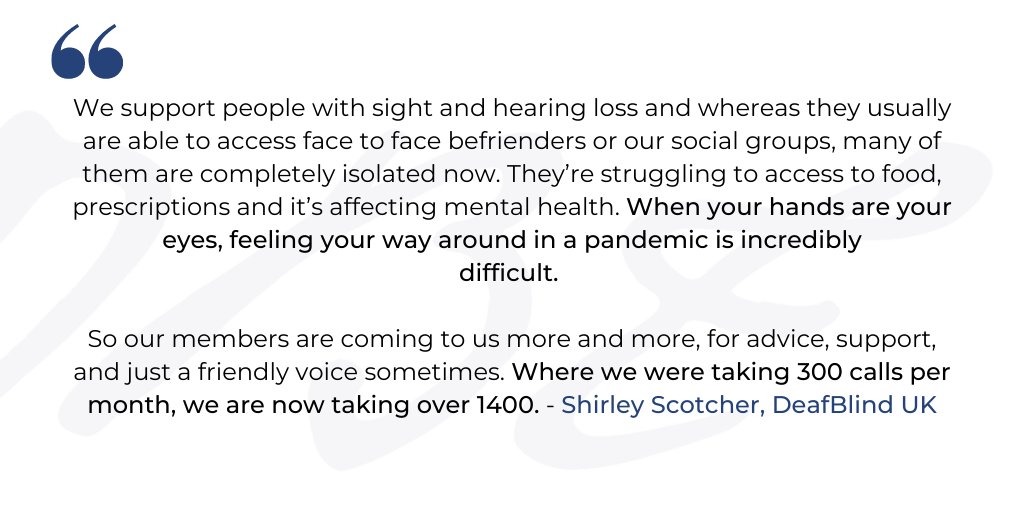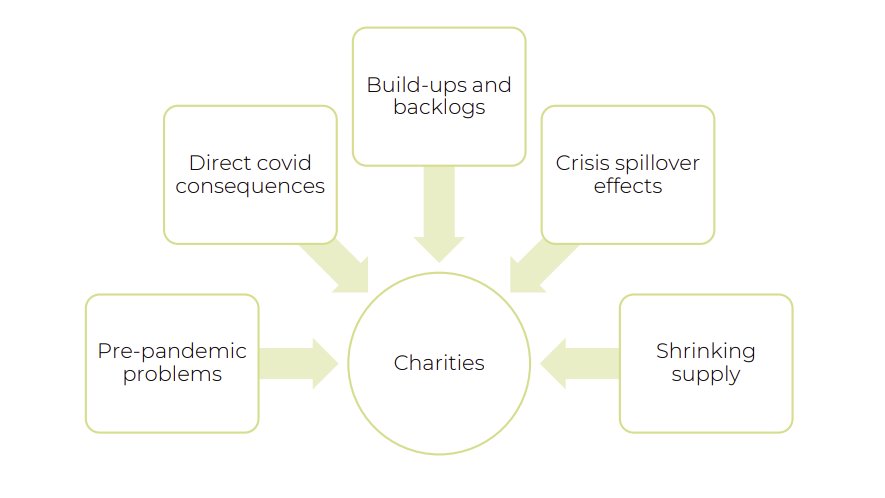
As we twiddle our thumbs waiting for white smoke from Brussels, this prompted me to reflect on how badly business lost this game. Deal or not, whatever emerges, whenever it emerges, will be a million miles from what business hoped for. How did it go so badly wrong? 🧵(1/)
https://twitter.com/MileEndInst/status/1335910782836633600
I’ve lost track of how many times I’ve been told over the last 5yrs that it’s because business wasn’t loud enough. 1st during the referendum (though post-🗳️ analysis tends to agree the economic argument was won, it just wasn’t important enough). 2nd during the negotiations (2/)
I’ve said a lot about this in the past, ultimately - yes biz could have been louder. But there are many reasons why they weren’t.
And volume really isn't everything. Any lobbyist knows that you’re only loud when you’re already losing. It’s a symptom, not a cause, of loss (3/)
And volume really isn't everything. Any lobbyist knows that you’re only loud when you’re already losing. It’s a symptom, not a cause, of loss (3/)
So how did business start losing on Brexit? This story has 3 beginnings:
1. The decline in trust through the 00s, when respect diminished
2. #indyref where biz learned the hard way what being dragged into a polarising political furore felt like. That backlash scarred.
(4/)
1. The decline in trust through the 00s, when respect diminished
2. #indyref where biz learned the hard way what being dragged into a polarising political furore felt like. That backlash scarred.
(4/)
3. The birth of Business for Britain
Honestly, Business for Britain were brilliant at what they did. I think they genuinely did try to woo business on side initially. But when that didn’t work, they switched strategy very rapidly and pulled every lever available to them (5/)
Honestly, Business for Britain were brilliant at what they did. I think they genuinely did try to woo business on side initially. But when that didn’t work, they switched strategy very rapidly and pulled every lever available to them (5/)
They (and then Vote Leave) were fantastic at making biz opinion seem divided. They leveraged the decline in institutional trust, both by attacking the institutions themselves and offering small but non-representative businesses in their place (sound famliar?) (6/)
They leveraged the fear of the Scottish referendum, sending letters with Electoral Commission guidance on campaigning to FTSE firms to make it seem more difficult to speak up during the campaign.
They were very, very good at their job (7/)
They were very, very good at their job (7/)
And, of course, the Remain campaign shot itself in the foot during the process. Sajid Javid telling biz to pipe down on their pro-EU sentiments through 2015’s re-negotiation confused the message. People like Stuart Rose played into Vote Leave’s hands (8/13)
Should business have adapted more quickly? Yes. Should it have foreseen and played out these tactics in advance and worked out how to respond? Yes. But... spoiler alert... being good at business doesn't make you good at politics.
And those weren't its biggest errors. (9/13)
And those weren't its biggest errors. (9/13)
In my view, business’ biggest mistake was in the 6months following June 2016. Everyone retreated to their bunkers to figure out WTF had just happened. By the time biz had figured out what it wanted, May had her red lines, Eurosceptics had their wins, and the field was set (10/15)
This was -of course- compounded by the fact business was operating in isolation. May didn't understand and wasn't interested in business (at that point). Fiona Hill and Nick Timothy closed the doors. Everyone was guessing at language that would work, what she was thinking (11/15)
I find it really hard to imagine how things might have gone differently from then – or certainly how business might have changed things. Couldn’t have the single market with control of immigration or 'of our laws'. Couldn’t have a CU with the new FTAs the UK was seeking (12/15)
Every FTSE350 CEO could have lined up outside Downing Street playing Ode to Joy on handmade instruments while tattooing rings of yellow stars on their foreheads, and it wouldn’t have made a difference to that reality. Gravity (as @pmdfoster often says) was in charge (13/15)
We tried anyway. Every contortion of language and best of both worlds that could, even infeasibly, exist. All while seeing off no deal. Got pretty damn far with Chequers. But we all know how that went. And there have been very few substantive wins for biz since that point (14/15)
So now we twiddle our thumbs. Let politics and gravity do their thing. And business will welcome what it can if a deal is done.
Because what's the alternative? What would be acheived by doing anything else? It lost this one a long time ago (15/15)
Because what's the alternative? What would be acheived by doing anything else? It lost this one a long time ago (15/15)
• • •
Missing some Tweet in this thread? You can try to
force a refresh





